SUGGESTED PRODUCTS
Access safe and secure dashboard to track orders and monitor your health.
Gandhak Lepam
GANDHAK LEPAM Administration: Gandhak lepam is typically applied externally to the affected area of the skin. Before application, the affected area should be cleaned thoroughly with lukewarm water and dried gently. A thin layer of the lepam is then applied evenly over the affected skin and left on for a specific duration as directed by an Ayurvedic practitioner. It is usually recommended to cover the treated area with a clean cloth or bandage to protect it and enhance the absorption of the medication.
Vijaya Pure Dewaxed Extract IPV4000
Dewaxed extract IPV4000 winterized Decarboxylated, Sterilized Class A Two 5ml Pre Filled Glass Syringes
RAW Vijaya Extract 4:1 | 2500mg Cannabinoids
,
Dewaxed Vijaya Tincture 1:1 1500mg
Dewaxed Cannabis Tincture is a formulation based on Dewaxed Cannabis Extract, wherein cannabis plant’s waxes, Lipids and chlorophyll are removed to a great extent to improve the taste and texture of the Tincture. Apart from waxes, lipids and chlorophyll all active naturally occurring cannabinoids, terpenes and flavonoids are present in dewaxed tincture. The dewaxed products offered under Cannabryl Brand tastes just like any other medicinal taste but a strong flavor of Cannabis. But it is not oily, greasy. The Tincture just mixes with Saliva and is gulped down the throat easily. Bitterness associated with RAW products is also removed to a large extent.
CANNBRYL VIJAYA EXTRACT : PET1500
Anxiety can make your pup do all sorts of wild things. They could scratch up furniture, they could chew up your shoes, they could whine incessantly, or they could just pull disappearing acts whenever guests come inside your house. There’s a lot of anxiety related behavior that can be alleviated with this CBD oil made specifically for dogs. Along with helping your pet stay calm, this hemp oil for dogs also supports immune health and proper brain function. If your pup is dealing with any kind of pain, this formula also reduces inflammation and can help soothe skin irritation. As if anxiety weren’t enough, if your pet also suffers from seasonal allergies, this CBD oil helps to tackle those symptoms as well.
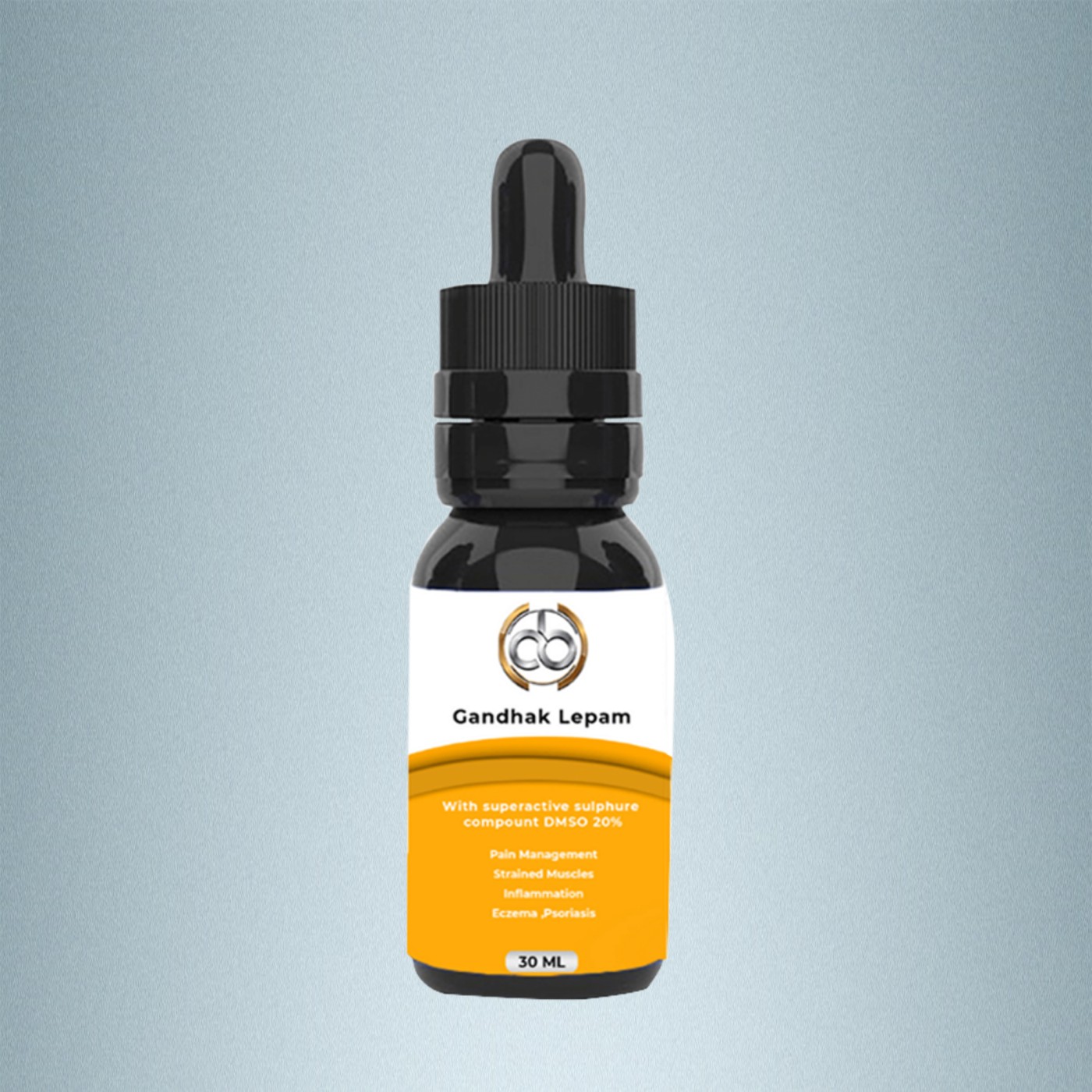
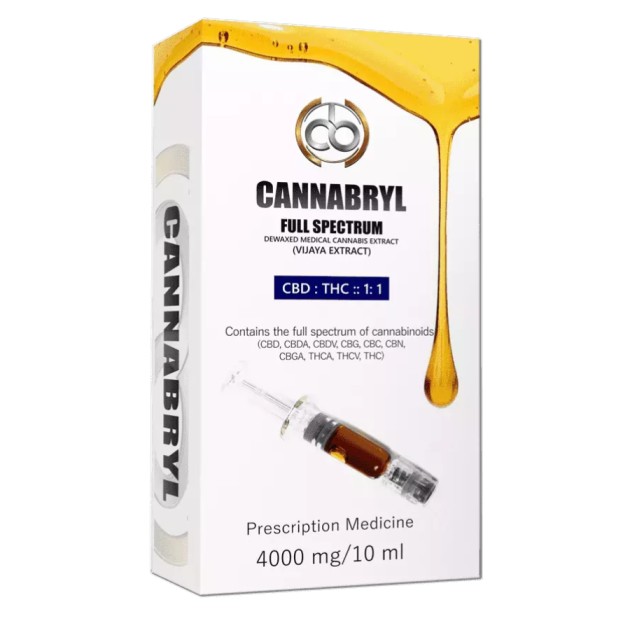
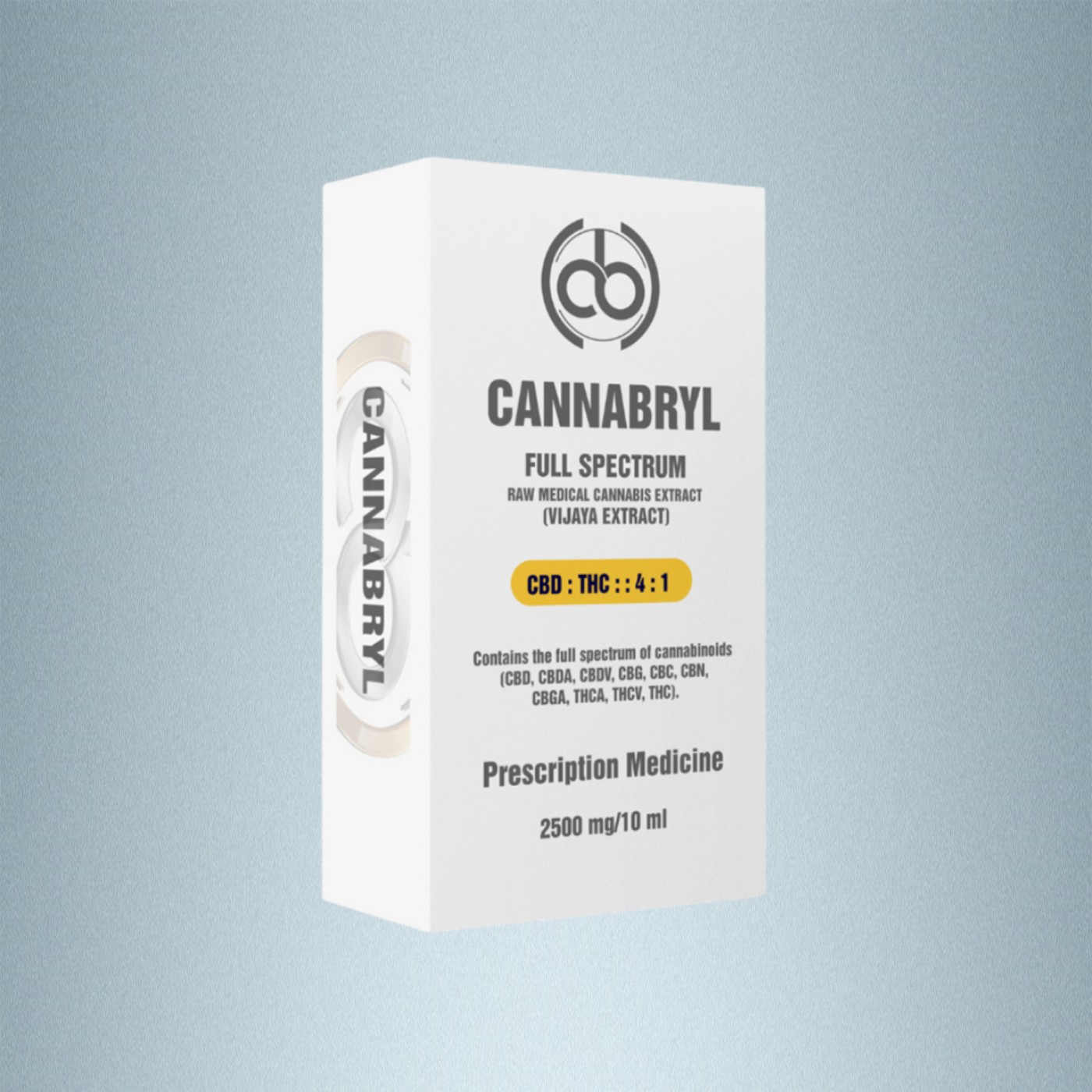
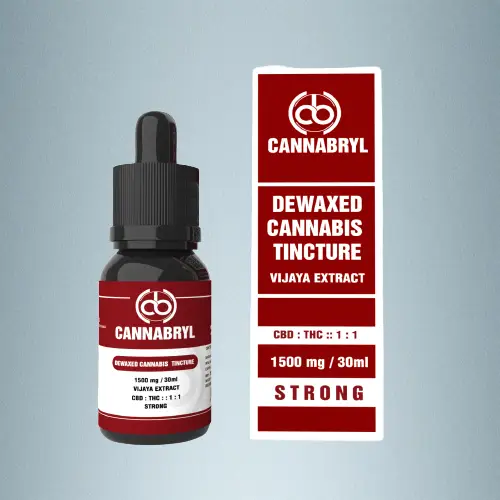
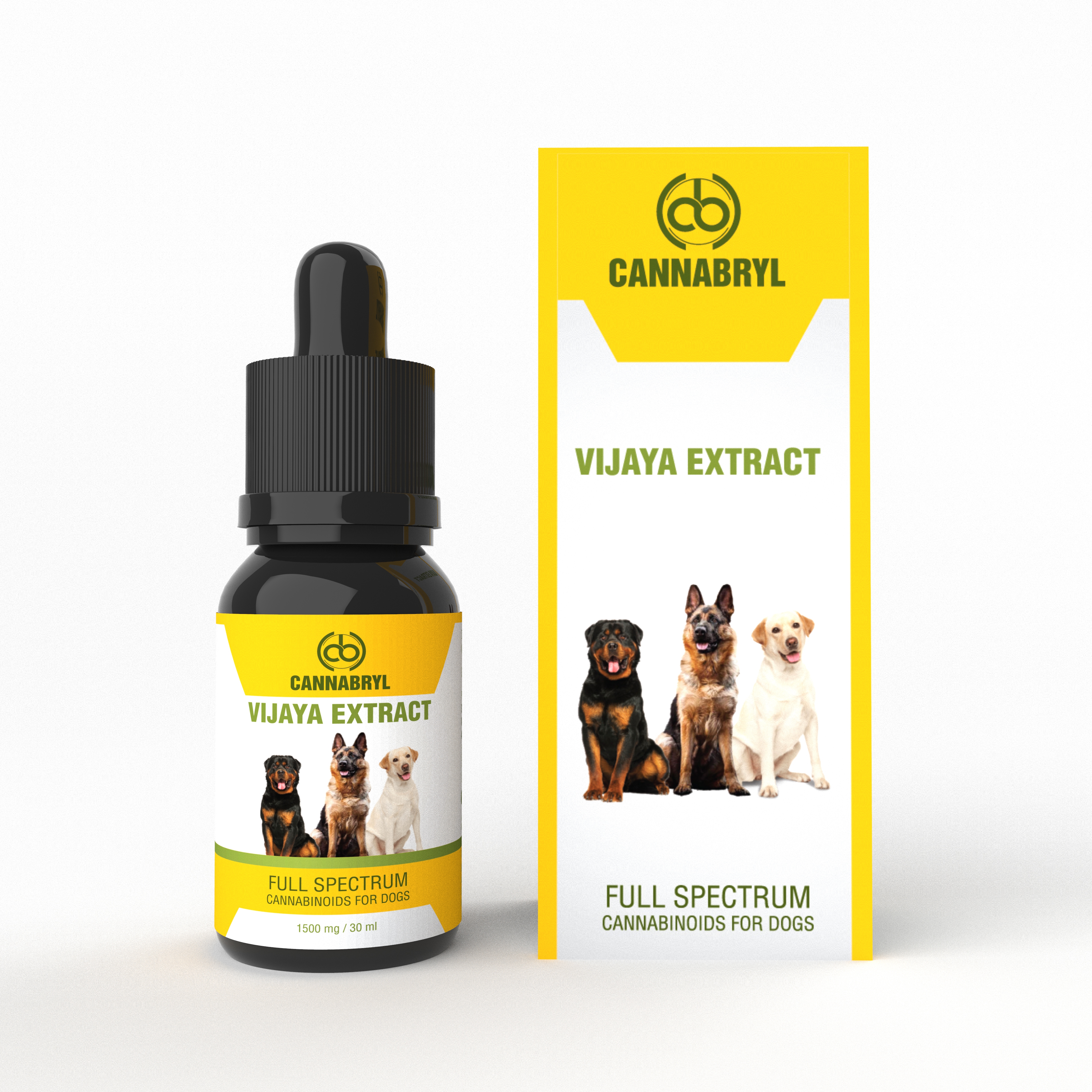
DISCUSSION FORUM INFLAMMATION